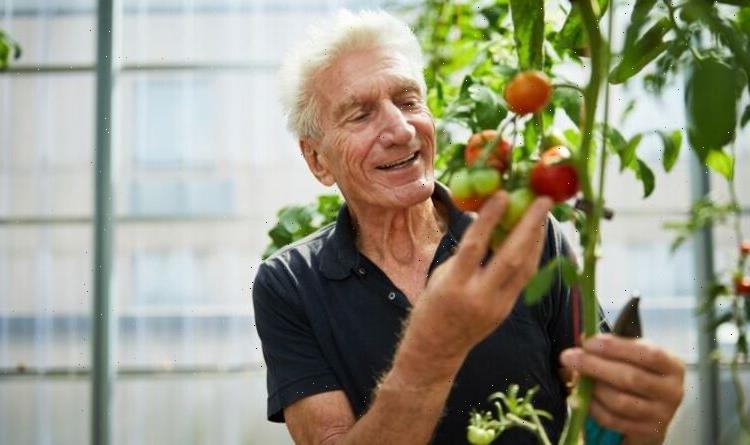
We use your sign-up to provide content in ways you’ve consented to and to improve our understanding of you. This may include adverts from us and 3rd parties based on our understanding. You can unsubscribe at any time. More info
Researchers found a trip to the gym or heavy gardening for half an hour a week slashes the risk of dying early by up to a fifth.
The 30 minutes to an hour of muscle strength training each week cuts the risk of death from heart disease, diabetes and cancer by between 10 and 20 per cent.
Combined with aerobic exercise the risk can drop by 40 per cent.
But working out for longer does not cut the risk further.
Heavy gardening counts as a strength training session just as much as lifting weights or doing press ups, say the academics.
It is already known that flexing our muscles is linked to a lower risk of death but scientists had not researched the optimal “dose”.

For the study, academics analysed 16 studies where adults without major health issues had been monitored for at least two years.
Most were carried out in the US with the rest taking place in the UK, Australia and Japan.
Participants were aged 18 to 97 and the number of people taking part in each study ranged from just under 4,000 to almost 500,000.
They all considered the effect of aerobic exercise such as running, jumping and strength training.
Muscle strengthening activities were linked to a lower risk of death from any cause, as well as from heart disease, stroke, cancer – particularly lung cancer – and diabetes.
The best results were achieved after 30 to 60 minutes of activity.
However, no link was found between muscle training and some forms of cancer including bowel, kidney, bladder and pancreatic.
People who do strength training and aerobic exercise were at a 40 per cent lower risk from all causes of death, a 46 per cent lower risk from heart disease and a 28 per cent lower risk from cancer. Study author Dr Haruki Momma, of Tohoku University in Japan, said: “The combination of muscle strengthening and aerobic activities may provide a greater benefit for reducing all-cause, cardiovascular disease and total cancer mortality.”
The findings were published in the British Journal of Sports Medicine.
Source: Read Full Article
